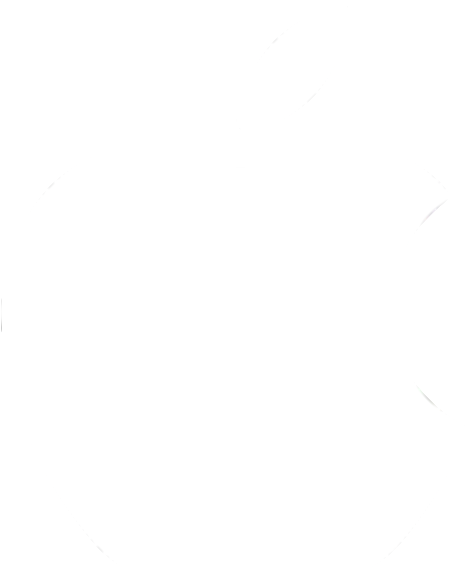Does Apple Hate Jailbreak?
The relationship between Apple and the jailbreaking community has always been a turbulent one. While Apple doesn't explicitly endorse jailbreaking, the question "Does Apple hate jailbreak?" often pops up among tech enthusiasts. To understand Apple's stance, we need to delve into the history of jailbreaking and its implications on Apple's ecosystem.
The Cat-and-Mouse Game of Jailbreaking
Jailbreaking, in essence, is a process of removing software restrictions imposed by Apple on devices running the iOS operating system. This allows users to gain root access to their devices, opening up a world of customization and functionality not otherwise permitted by Apple.
From installing third-party apps unavailable on the App Store to customizing the look and feel of the interface, jailbreaking provides a level of freedom that attracts many tech-savvy users. However, this freedom comes with its own set of risks, which Apple is quick to point out.
Security Concerns: A Valid Argument?
One of the primary reasons Apple vehemently opposes jailbreaking is the potential security risks it introduces. By circumventing the built-in security layers of iOS, jailbroken devices become vulnerable to malware and other security threats.
Apple argues that jailbreaking exposes user data and compromises the overall stability of the device. This argument holds weight, as jailbroken devices have, in the past, been susceptible to security breaches.
Control Over the Ecosystem
Another key aspect of Apple's opposition to jailbreaking is the desire to maintain tight control over its ecosystem. Apple prides itself on providing a curated and secure user experience, which extends to the apps and software allowed on its devices.
Jailbreaking disrupts this control, allowing users to install apps from unverified sources. This, according to Apple, could lead to a fragmented user experience and potentially harm the reputation of the App Store.
The Legal Battleground
The legal battle over jailbreaking has seen its fair share of twists and turns. In 2010, the US Copyright Office ruled that jailbreaking was legal, considering it a form of fair use.
However, Apple has consistently used legal means to discourage jailbreaking, arguing that it violates its intellectual property rights and undermines the security measures implemented to protect both users and its ecosystem.
The Evolution of iOS: Addressing User Needs
Over the years, Apple has gradually introduced features and functionalities that were once exclusive to jailbroken devices. From widgets to custom keyboards, many features that drove users towards jailbreaking are now natively supported within iOS.
This strategy indicates that while Apple may not condone jailbreaking, it acknowledges user demands for greater customization and control over their devices.
Does Apple Hate Jailbreak? It's Complicated.
While Apple might not "hate" jailbreaking in the traditional sense, it's clear that the company sees it as a threat to its tightly controlled ecosystem. Security concerns, intellectual property rights, and maintaining a consistent user experience are all factors contributing to Apple's stance.
However, the evolution of iOS demonstrates that Apple is not entirely oblivious to the desires of users seeking greater control over their devices. As technology advances, it remains to be seen how the relationship between Apple and the jailbreaking community will evolve.
Does Apple hate jailbreak? It's a question with a complex answer, rooted in security concerns and the desire for control over a meticulously crafted ecosystem.
This nuanced relationship between Apple and the jailbreaking community will likely continue to be a source of debate and discussion in the ever-evolving world of technology.


 Windows
Windows MacOS
MacOS Linux
Linux